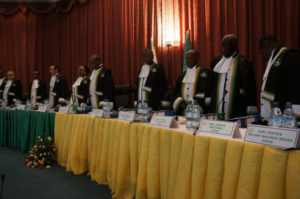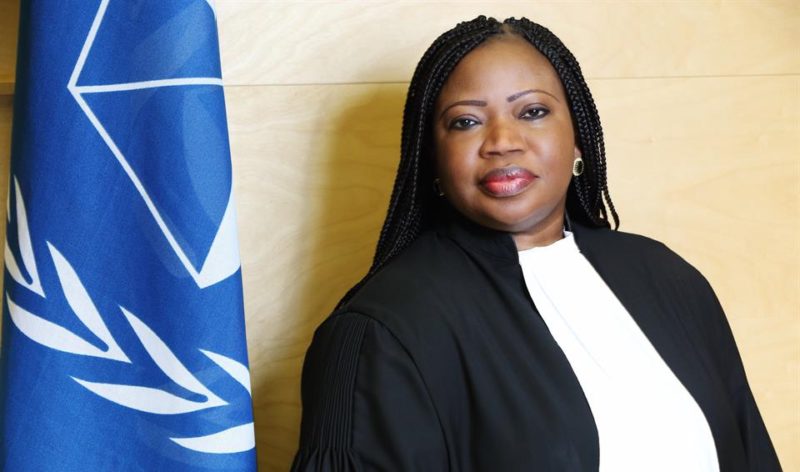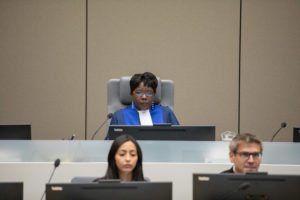By: Mujtaba Ali Tirmizey
Impunity Watch Staff Writer
ANKARA, Turkey — On September 17, 2019, the European Court of Human Rights (“ECHR”) held that the Turkish government unfairly restricted a citizen from gaining access to a lawyer, thus violating Article 6 §1 of the European Convention on Human Rights.
Hamdiye Akdağ was arrested in November 2003 and while in police custody, she confessed to being a member of the PKK/KADEK (the Workers’ Party of Kurdistan), an illegal organization. On her statement form, in the “no lawyer sought” section, she printed an “X” next to it, and was not provided a lawyer subsequently. However, once she was brought before the public prosecutor and the investigating judge, she instantly retracted her statement.
Before the trial court, Akdağ maintained her position, claiming that she was forced into signing her statement. She also noted that she was illiterate. Ultimately in 2009, Akdağ was found guilty of membership in a terrorist organization and sentenced to over six years in prison. In 2010, the Court of Cassation upheld the conviction.
Here, the Government argued that Akdağ had specified on her statement form that she did not require legal assistance. Therefore, the Government noted that she justifiably waived her right to a lawyer. However, the Court held that Akdağ did not waive her right to a lawyer because she immediately withdrew her statement before the public prosecutor and the investigating judge, and also asserted that position before the trial court. In addition, her statement form just had a printed “X” next to the type-written “no lawyer sought.” With regards to her contention that she was illiterate, the trial court did not perform a proper assessment. Lastly, the Government failed to show that Akdağ had explicitly been advised about the consequences of not requesting the assistance of a lawyer.
The Court stated that while Akdağ had been allowed legal representation during the trial, the national courts had failed to examine the validity of the waiver or of the statements she had made to the police in the absence of a lawyer. As a result, the Court found the Government violated Article 6 §1 of the ECHR and the trial was unjust because the insufficiency of close scrutiny had not been resolved by any other procedural measures.
The ECHR dedicates an entire section of the Convention to rights to access court, the right to a fair trial, and the right to access a lawyer. In this decision, the ECHR ensured that Akdağ was not deprived of this fundamental right after the lower courts failed her. This decision will help set the precedent for citizens from member states who find themselves in a similar situation.
For further information, please see:
European Court of Human Rights – Case of Akdag v. Turkey – 17 Sept. 2019


